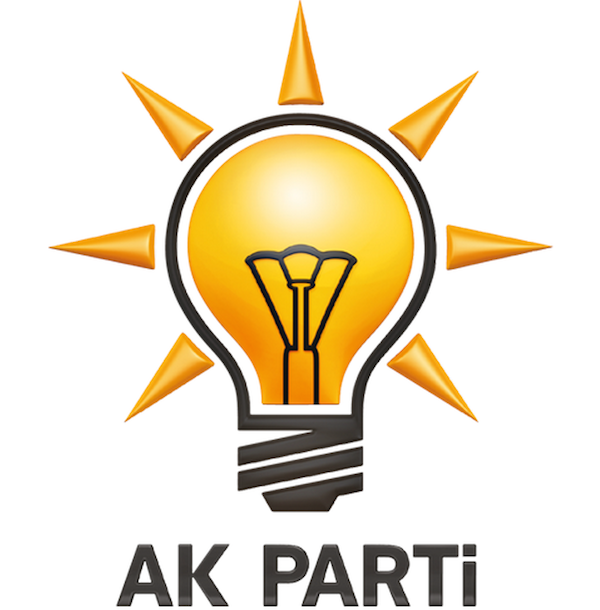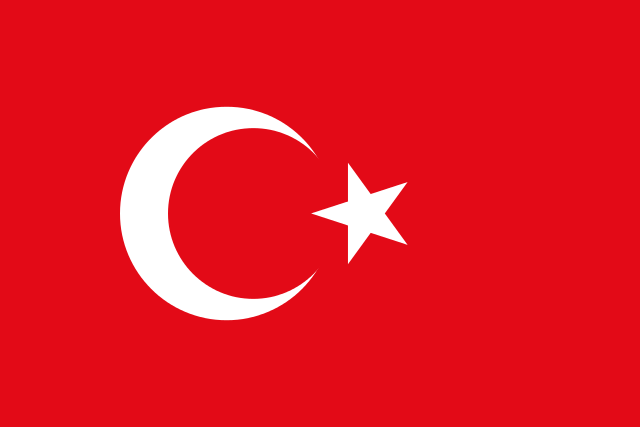I suspect the AKP will regret it sorely if they call another election immediately, which is an option that has already been floated by some of the AK membership’s sorer losers (or sore 18-seats-short plurality-winners).
Here’s my back-of-the-envelope assessment on why new elections would return an even worse result for the AK Party than most other longer-term options, including a weak minority government or an unpleasant coalition arrangement. First, I bet there aren’t a lot of people who cast a vote for a non-AK option on Sunday and then wished they hadn’t. The only exception would perhaps be some small share of the 942,000 cranky voters for the Felicity Party — the minor Islamist party that shares roots with AKP…but it is generally antagonistic because of the shared background. The trendline is very much against the AKP, and buyer’s remorse from the first round is more likely to hurt them than to hurt the other major parties. The AKP in 2015 lost 2.3 million votes since the 2014 presidential election less than a year ago, despite 6 million higher turnout. To be honest, I wonder how the AKP didn’t see this month’s result coming after the lower-turnout presidential election saw the HDP get 9.76%, just shy of the 10% cutoff that applies in a parliamentary race. That meant they were credibly within reach and needed to be taken more seriously (especially to be a potential partner), rather than marginalized, literally attacked, and otherwise mishandled.
Second, there was a fairly large number of people who cast votes either for AKP or for a minor party (they collectively got about ~2.5 million votes I think) that I believe would vote for a different Big 3 opposition party now, knowing how everyone else ended up voting in the first round. In particular, I bet HDP would get an even bigger result in a fresh election now that it’s clear they can pass the 10% threshold so it’s not a “waste” to vote for them. Kurds, other minority voters, and Turkish allies in the electorate are likely to be even more enthusiastic about the party’s message and viability alike in an immediate second election, riding the successful momentum of the first one. The party specifically picked up a huge chunk of Kurdish ex-AKP supporters — and that’s likely to go up, if it goes any direction.
Third, even if AK holds fairly steadily onto its own voters but some 2 million minor-party voters shifted across to the Big 3 opposition parties in a second election, a CHP/MHP/HDP tripartite arrangement would emerge with the support of 27 million votes, not just 25 million. A narrower CHP/HDP liberal coalition would reach perhaps 18 million votes…which is just shy of what AKP got this time. That’s not enough for a liberal majority either, but it probably would land only 18-20 seats away. Between possible confidence-vote options from MHP (in theory anyway) and the more realistic scenario of HDP shaving off a fair number of additional MPs from AKP in Kurdish constituencies in a second round, I’d bet they could make it work some way or another. Which is not to say that such a coalition would be stable.
But it is to suggest (along with the other factors above) that AKP is probably looking at a far rosier scenario under their current performance than after a 2nd election.
Now to make lemonade out of lemons and demonstrate the rosier world than new elections, let’s acknowledge that there are some pretty acceptable coalition/cooperation scenarios if the AKP wants to seize the opportunity under the hand it was just dealt. Preliminary AKP/CHP talks have begun. One particularly exciting scenario for Turkey and the AK Party alike would be if Prime Minister Ahmet Davutoğlu and CHP leader Kemal Kılıçdaroğlu reached a deal that stripped significance powers away and platform out from under President Recep Tayyip Erdoğan, sidelining him (and silencing him to the extent humanly possible) — rather than elevating him further — and finally allowing Davutoğlu to fly on his own. He’s been really squashed trying to escape Erdoğan’s shadow, but he always seemed pretty decent and very competent, with far less personal baggage than his benefactor. He could break the link between the party and its increasingly authoritarian / rogue party founder, Mr. Erdoğan. The party could move past him (and get on with the good work it had been doing under his leadership before he began to go around the bend in 2013), voters would be less alarmed by returning an AK majority to power in the near future, and Turkey’s democracy would be stronger.






